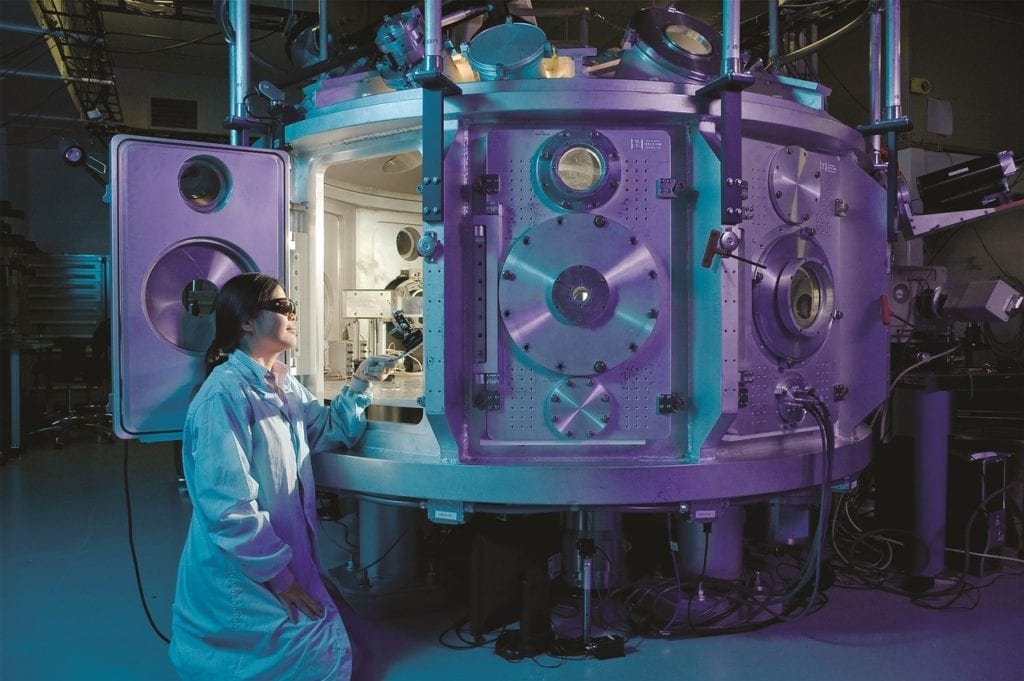According to a story from The Jerusalem Post, the medical research of professor Marcelle Machluf has been a subject of controversy from the beginning. Her research led to the nano ghost concept, which is a unique and versatile targeted drug delivery platform. Marcelle’s latest lab studies suggest that the nano ghosts could potentially be effective against any type of solid tumor.
Still, the findings of her research have been met with some skepticism. The journal Science is currently refusing to publish her research. Another well known scientific journal, Nature, was originally hesitant as well, but has since decided to publish her articles. A professor at the Technion-Israel Institute of Technology, she ignited one of the 12 symbolic torches at Israel’s 70th Independence day ceremony on Mount Herzl.
The nano ghosts are derived from the cellular membranes of naturally targeted mesenschymal stem cells (MSCs). The nano ghosts are not a drug treatment in themselves, but a method of delivery that could make cancer treatments far more effective. They can be equipped with a variety of different drugs. They nano ghosts also retain certain advantages from MSCs, such as they are biocompatible and will not be attacked by the immune system. In addition, research so far suggests that they should not cause serious side effects or harm for patients.
With that said, phase I trials testing nano ghosts have yet to begin, although Marcelle hopes that they will begin soon. Another advantage of nano ghosts is that they can cross the blood brain barrier. Brain cancers are a challenge to treat because many cancer drugs cannot do this. Nano ghosts have only been tested on a few types of cancer so far, as the testing process can cost a minimum of $300,000. In animal testing, the system has been effective against pancreatic cancer, breast cancer, prostate cancer, glioma, and small lung carcinoma.
Marcelle is hesitant to say that nano ghosts are going to be able to treat all types of cancer, as cancer can appear in many forms, behave in different ways, and exploit different mechanisms in the body in order to survive.






